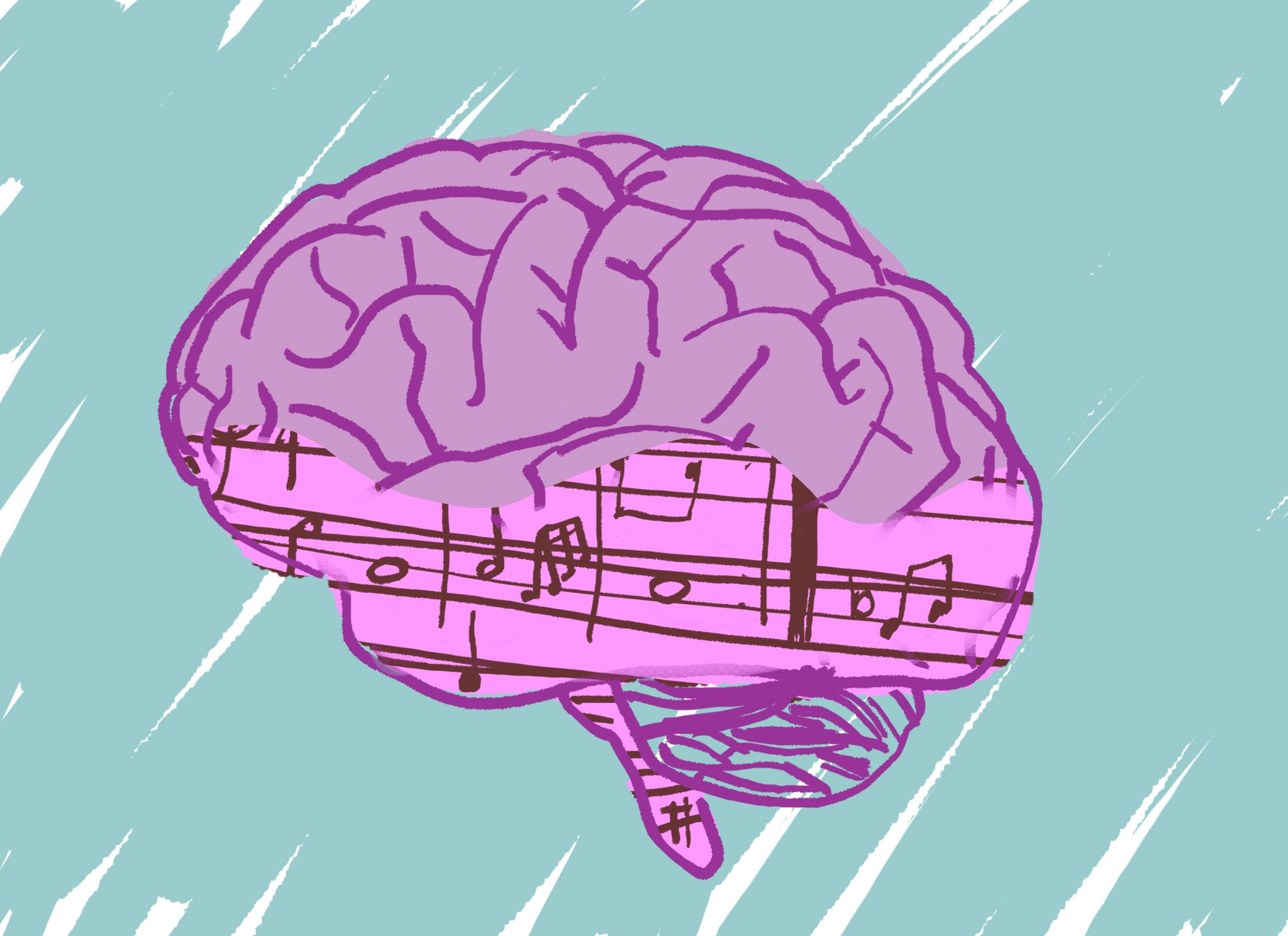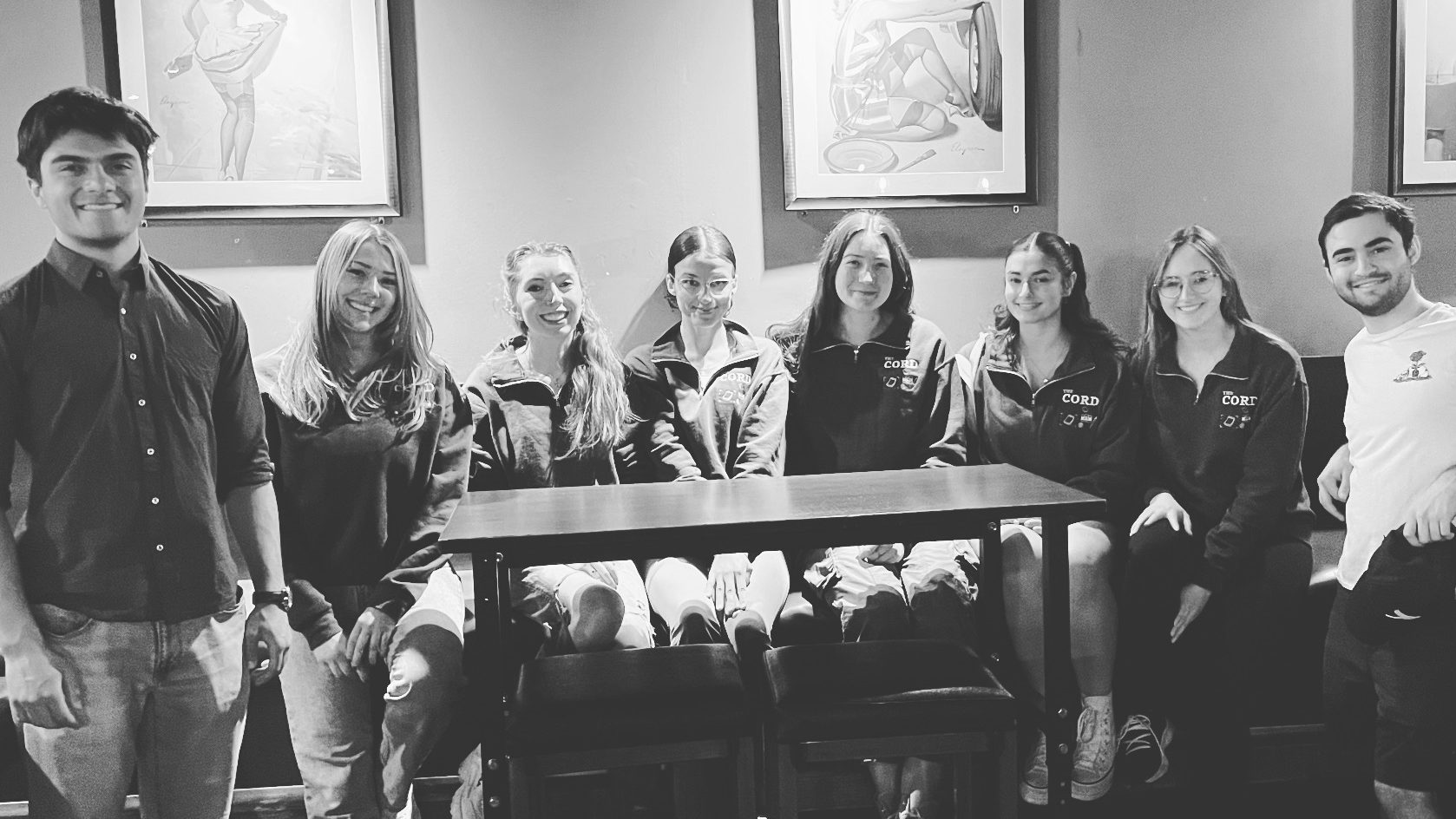
The Circle of Music is a funded and research based program that places people living with dementia, their care partner and high school student volunteers together in a choir.
The choir was originally the capstone project for Sasha Judelson, who has now obtained her master’s degree from Wilfrid Laurier University’s Community Music program.
This project goes beyond the typical choir to present something to the community which benefits the lives of many, explained Judelson.
“Intergenerational choir that brings together people living with dementia, their care partners and volunteers high school students who come together every week. The same student is paired with the same couple forming a consistent trio, forming a strong bond, “Judelson said.
“This isn’t a traditional choir, it’s not a formal choir but it’s a collection of intergenerational voices,” Judelson said.
The program is meant to facilitate research as well as provide an experience to the more mature members of the choir living with dementia. At the start of each session after everyone has arrived Judelson begins her choir with a research based question.
“I do what is called a mood check in, I have a smiley face, neutral face and a sad face and I ask people how they are feeling and I make a note of it because that is part of the research: does the music affect their mood?” Judson said.
“After we sing goodbye to everybody I check everybody’s moods again.”
“The most meaningful successes are how much it’s come to mean to the members of the choir and the students and people living with dementia and the partners in care, they really love coming to it and the atmosphere that they have.”
The choir itself is not focused just on research, but experience as well. In order to run a successful program there is a lot of behind the scenes work that goes into a choir like this; however, perfection is not the end goal.
“The atmosphere for the choir is very informal but that doesn’t mean that I am at all casual about what we’re doing, behind the informality are very carefully planned sessions both with the choice of music, timing how I seat people, etc.,” Judson said.
“We are not performance oriented so I don’t look to see how we have perfected this piece of music … for me it’s about being a strong community.”
With the help of a federal grant, Judelson wishes for the choir to continue their research and work for the community. The community partners include the University of Waterloo’s Murray Alzheimer Research and Education Program (MAREP), the Alzheimer Society of Waterloo-Wellington, Cameron Heights Collegiate Institute and St. Peter’s Lutheran Church.
“The commitment from everyone and the willingness to make it work including the support from our community having the support of the Alzheimer’s society all of that really coming together has been really rewarding,” Judelson said.
Judelson also touched on why it’s important to facilitate this program in order to impact the lives of those living with dementia and the community:
“The most meaningful successes are how much it’s come to mean to the members of the choir and the students and people living with dementia and the partners in care, they really love coming to it and the atmosphere that they have,” Judelson said.
“We’re not striving for musical excellence, were using the music as a vehicle for social change.”








Leave a Reply
You must be logged in to post a comment.